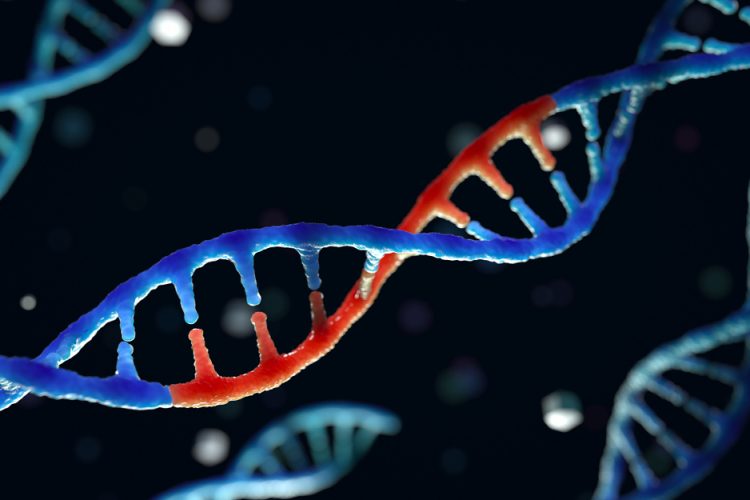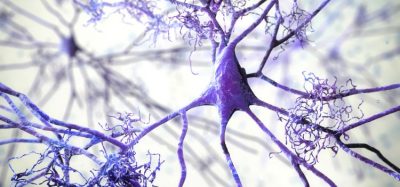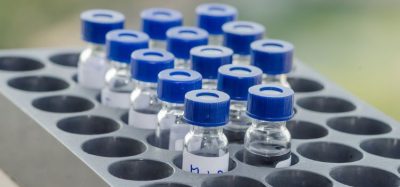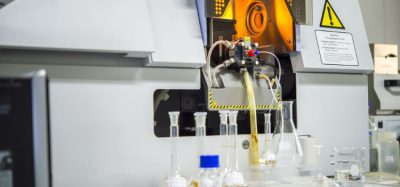ProQR and Lilly collaborate to develop RNA therapeutic
Posted: 9 September 2021 | Anna Begley (European Pharmaceutical Review) | No comments yet
ProQR and Lilly announced a collaboration to combat genetic disorders in the liver and nervous system using Axiomer® RNA editing platform.


ProQR Therapeutics have announced a global licensing and research collaboration with Eli Lilly and Company focused on the discovery, development and commercialisation of potential new medicines for genetic disorders in the liver and nervous system. The companies will use ProQR’s Axiomer® RNA editing platform to progress new drug targets toward clinical development and commercialisation.
The companies will collaborate to develop up to five targets. Under the terms of the agreement, ProQR will receive $50 million consisting of an upfront payment of $20 million, as well as an equity investment in its ordinary shares of $30 million. The company is also eligible to receive up to approximately $1.25 billion for development, regulatory and commercialisation milestones, as well as tiered royalties of up to mid-single digit percentage on product sales.
“This partnership with Lilly, a leader in RNA therapeutics, is an important validation of our Axiomer® RNA editing platform and expands the application of our technology beyond our core therapeutic area focus of genetic eye disease, to potentially benefit patients with metabolic and nervous system disorders,” commented Daniel de Boer, Founder and Chief Executive Officer of ProQR. “Additionally, this partnership further strengthens our financial position.”
ProQR’s Axiomer® platform technology enables the editing of single nucleotides in RNA in a highly targeted and specific manner. The technology is based on editing oligonucleotides (EONs) designed to recruit endogenous Adenosine Deaminases Acting on RNA (ADAR) enzymes to a selected target adenosine in a disease associated RNA.
ADAR then induces the conversion of the target adenosine (A) into inosine (I). The conversion from A to I is effectively an A to G change, as inosine in RNA is interpreted as a guanosine (G). According to the company, this technology could be applied to potentially reverse the more than 20,000 G to A mutations in the human population that are known to cause disease.
“Building from our deep scientific expertise in RNA therapies and specifically oligonucleotides, our Axiomer RNA base editing platform is uniquely positioned to target a wide range of diseases in a highly specific manner,” stated Gerard Platenburg, Chief Innovation Officer of ProQR. “Our approach uses the cell’s own editing machinery to make specific single nucleotide edits in RNA to reverse a mutation. With broad applicability, and a leading patent portfolio in the ADAR editing space, this platform represents an important strategic opportunity and has significant potential to target diseases otherwise thought untreatable.”
Related topics
Big Pharma, DNA, Drug Development, Drug Targets, Genomics, Research & Development (R&D), RNA, Technology









